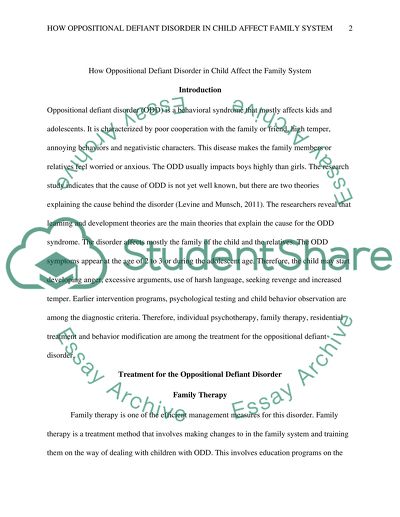Cite this document
(“How Oppositional Defiant Disorder in Child Affect the Family System Research Paper”, n.d.)
How Oppositional Defiant Disorder in Child Affect the Family System Research Paper. Retrieved from https://studentshare.org/psychology/1459617-how-oppositional-defiant-disorder-in-child-affect
How Oppositional Defiant Disorder in Child Affect the Family System Research Paper. Retrieved from https://studentshare.org/psychology/1459617-how-oppositional-defiant-disorder-in-child-affect
(How Oppositional Defiant Disorder in Child Affect the Family System Research Paper)
How Oppositional Defiant Disorder in Child Affect the Family System Research Paper. https://studentshare.org/psychology/1459617-how-oppositional-defiant-disorder-in-child-affect.
How Oppositional Defiant Disorder in Child Affect the Family System Research Paper. https://studentshare.org/psychology/1459617-how-oppositional-defiant-disorder-in-child-affect.
“How Oppositional Defiant Disorder in Child Affect the Family System Research Paper”, n.d. https://studentshare.org/psychology/1459617-how-oppositional-defiant-disorder-in-child-affect.


